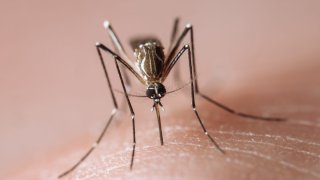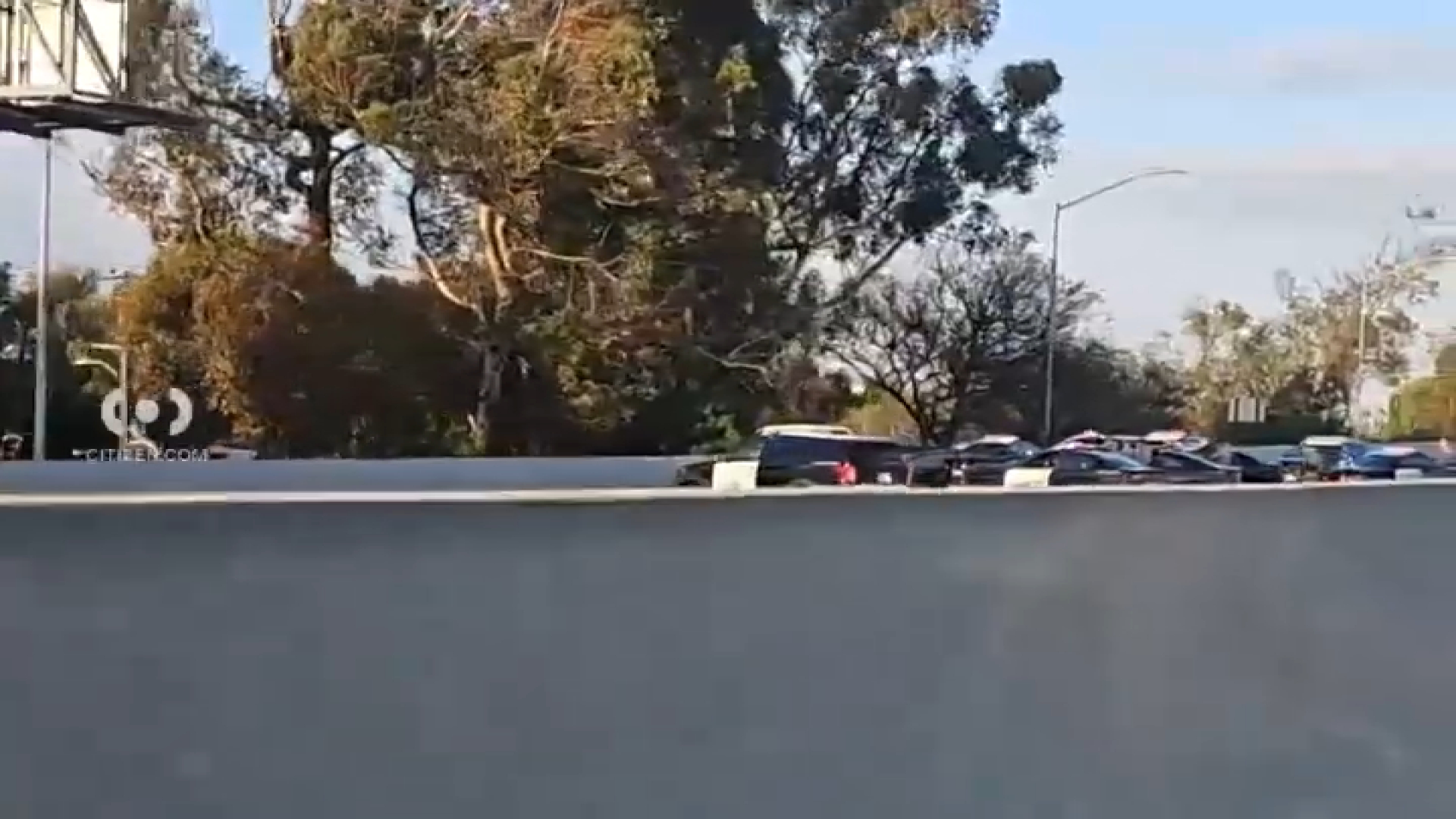
Pasadena health officials Friday reported what they call an "extremely rare" case of local transmission of the mosquito-borne dengue virus, the first known case in California to occur in a person who had not recently traveled.
“Pasadena Public Health Department has been conducting surveillance and investigation of mosquito-borne diseases in Pasadena for years," Dr. Matthew Feaster, an epidemiologist with the Pasadena Public Health Department, said in a statement. "Our work so far, in partnership with the Vector Control District, gives us confidence that this was likely an isolated incident and that there is very low risk of additional dengue exposure in Pasadena."
The Pasadena patient was not identified but is recovering. Health officials insisted there was little risk of exposure for residents, stressing that standard precautions against the spread of mosquitoes should be taken.
Health officials said they have visited a Pasadena neighborhood in response to the infection to provide residents with information about eliminating mosquitoes and preventing bites.
Get Southern California news, weather forecasts and entertainment stories to your inbox. Sign up for NBC LA newsletters.
The San Gabriel Valley Mosquito and Vector Control District has also "deployed traps to assess the mosquito population and, importantly, testing to date has not identified any dengue-infected mosquitoes. Testing of mosquitoes from additional traps will continue over the next few weeks," according to the city.
According to Pasadena health officials, a person can be infected with the dengue virus from an infected Aedes mosquito. Although Pasadena is home to the Aedes mosquito, dengue cases in the United States typically occur in travelers who have visited countries where dengue is found.
The local case was likely the result of a mosquito biting a person was infected with the virus, then spreading it to the new patient.
Health officials issued standard precautionary suggestions for people to reduce mosquito populations, such as:
- Eliminate standing water in clogged rain gutters, rain barrels, discarded tires, buckets, watering troughs, or anything that holds water for more than a week.
- Ensure that swimming pools, spas, and ponds are properly maintained.
- Change water in pet dishes, birdbaths, and other small containers weekly.
- Report neglected swimming pools to vector control district.
- Wear insect repellent containing CDC and EPA approved active ingredients such as DEET, picaridin, IR3535, or oil of lemon eucalyptus.
- Wear loosely fitted, light-colored, long-sleeved shirts and long pants.
According to the city, symptoms of dengue may be mild or severe and include fever, nausea, vomiting, rash, and body aches.
Local
Get Los Angeles's latest local news on crime, entertainment, weather, schools, COVID, cost of living and more. Here's your go-to source for today's LA news.
"Symptoms typically last two to seven days and although severe and even life-threatening illness can occur, most people recover after about a week," according to city officials. "There are no specific medicines or vaccines to prevent this disease. Treatment is supportive and may include rest, fluids, and monitoring for early signs."



